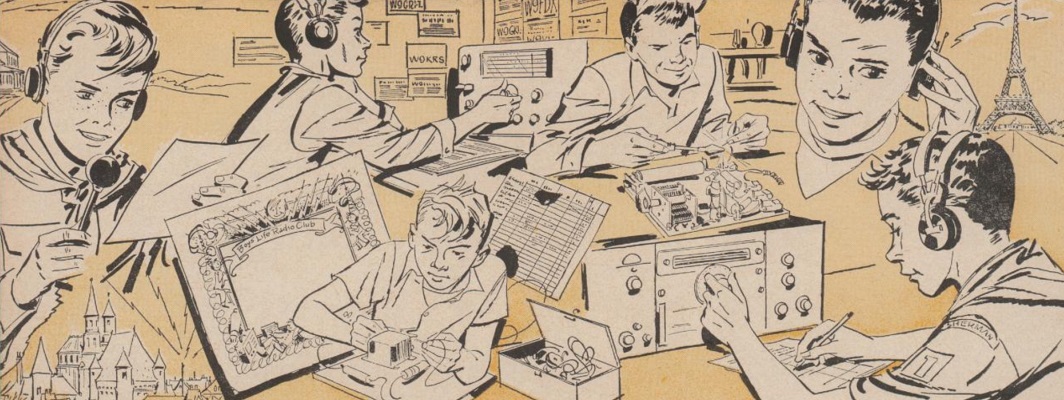—–Original Message—–
From: AD7MI
Sent: Saturday, March 14, 2009 10:34 AM
To: ag1yk
Subject: Pilot line question
Steve,
I enjoyed your contribution to Hints & Kinks and have tried to get it to work. Here is an additional idea that has worked for me – add a bit of peanut butter on the acorn. The first time I tried this without the peanut butter, the squirrels seemed to ignore the acorn with the line affixed to it. I tried the peanut butter and that got their attention – although I had some peanut butter on the zip tie and the squirrel, in his attempt to get the peanut butter, bit through the zip tie. My real question is what type of line did you use for the pilot line? The line I’ve tried seems to be to heavy for the squirrels here – they get the acorn and line up about half way and then drop it… it looks like the line is too heavy, causing the squirrel to drop it. A lighter line might work better? What kind did you use?
Thanks again for a great tip!
73 Scott AD7MI
—–Original Message—–
From: AG1YK
Sent: Tuesday, March 17, 2009 2:46 PM
To: ad7mi
Subject: RE: Pilot line question
Scott,
Glad to hear you enjoyed the article. As to your problem, I think it is more a matter of motivating the squirrel more. I have found, after years of experimentation, that squirrels go squirrelly for orange. I had one get so excited that he ran up the tree so fast he went right off the top and continued up into the air. Luckily the wind was blowing right and he drifted across the yard and landed on the far side of the other tree I wanted to put my antenna in. I was able to pull the support line through both trees in one operation.
Really, try orange.
73,
Steve Sant Andrea, AG1YK
Assistant Editor, H&K, QST
—–Original Message—–
From: AD7MI
Sent: Tuesday, March 17, 2009 8:34 PM
To: AG1YK
Subject: RE: Pilot line question
…and all this time I thought squirrels were color blind. I will give orange a try! 🙂
